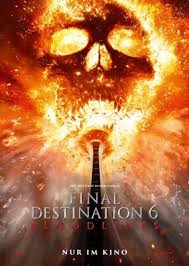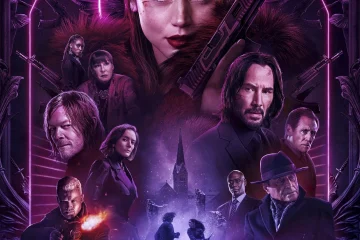Exploring the Final Destination Franchise: A Cultural Phenomenon

Introduction
The Final Destination franchise has established itself as a prominent player in the horror genre since its debut in 2000. With its unique premise of death’s inevitability, the series captivates audiences and keeps them on the edge of their seats. As a cultural phenomenon, the franchise reflects society’s fascination with mortality and the unknown.
Overview of the Series
The first film, directed by James Wong, introduced viewers to a group of teenagers who cheat death after one of them has a premonition of a catastrophic plane crash. As the story unfolds, it becomes clear that death has a design, and those who escaped destiny are hunted down in tragic and creative ways. This blend of suspense and supernatural elements set the tone for the subsequent films, leading to a total of five sequels released between 2003 and 2011.
Impact on Popular Culture
The impact of the Final Destination series extends beyond box office success, having influenced various aspects of pop culture. Its innovative and elaborate death sequences have sparked discussions and debates regarding fate, free will, and the unpredictability of life. The franchise has also inspired numerous parodies, references in other media, and even merchandise, showcasing its widespread recognition. Each installment builds upon the concept of premonitions and the fatalistic chase, making it a staple in horror film discussions.
Current Developments
As of 2023, the Final Destination franchise is reportedly making a return with a sixth installment in the works. Fans are eager to see how contemporary filmmakers will reinterpret the iconic themes of the series while embracing modern cinematic technology. The anticipation surrounding the new film suggests the franchise still holds considerable appeal, hinting at a potential resurgence of interest in horror films that explore similar themes.
Conclusion
The Final Destination franchise has left a lasting imprint on the horror genre, with a unique take on the concepts of fate and mortality. As the series prepares for its anticipated return, it remains essential to explore its cultural significance and the conversations it sparks about life and death. With its roots firmly planted in early 2000s horror, the franchise continues to evolve, promising new thrills for fans new and old. Its relevance highlights ongoing societal concerns over safety, choices, and the unpredictable nature of existence. Fans can expect fresh narratives that explore these themes while maintaining the suspense that has defined the franchise since its inception.









